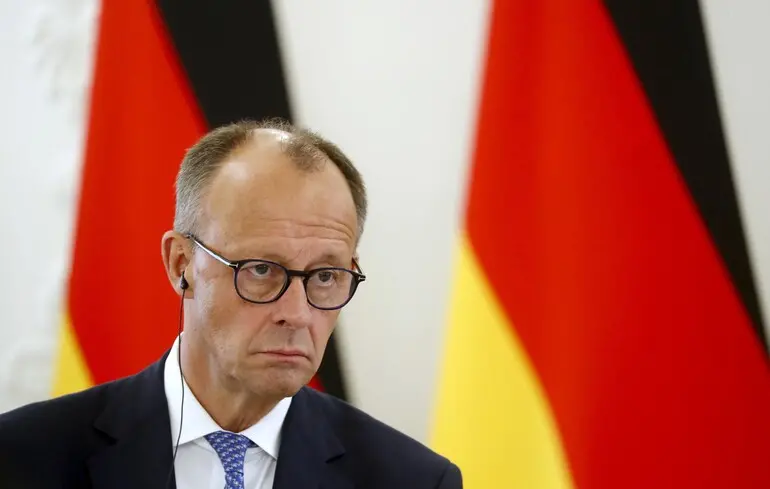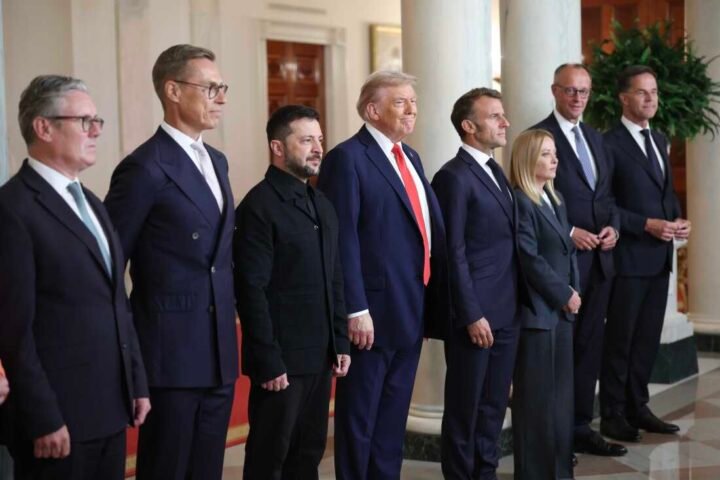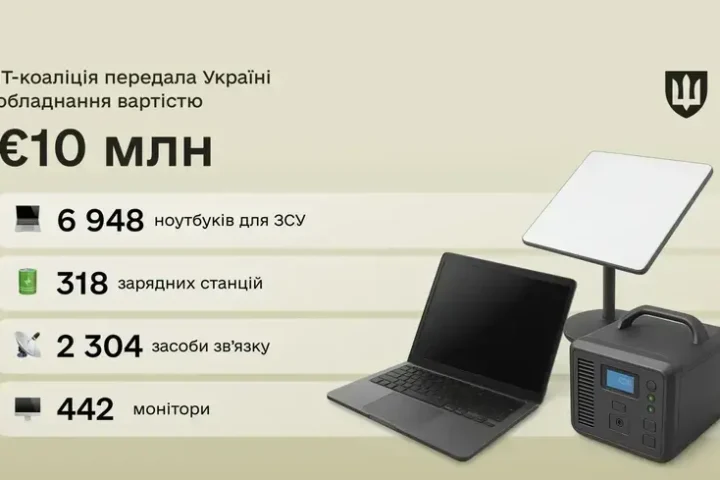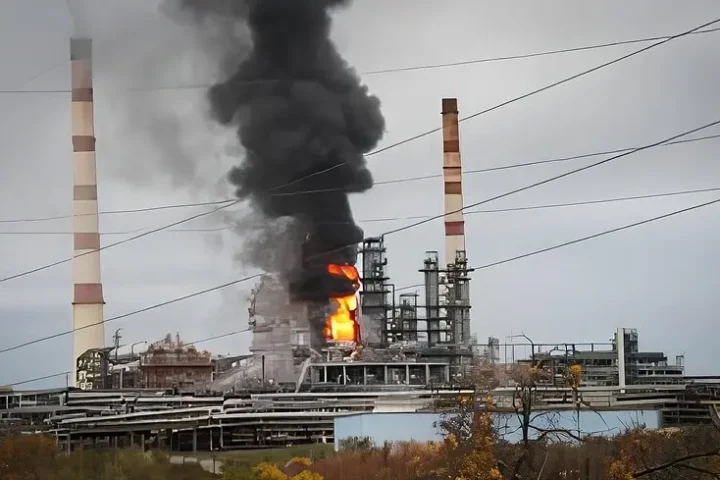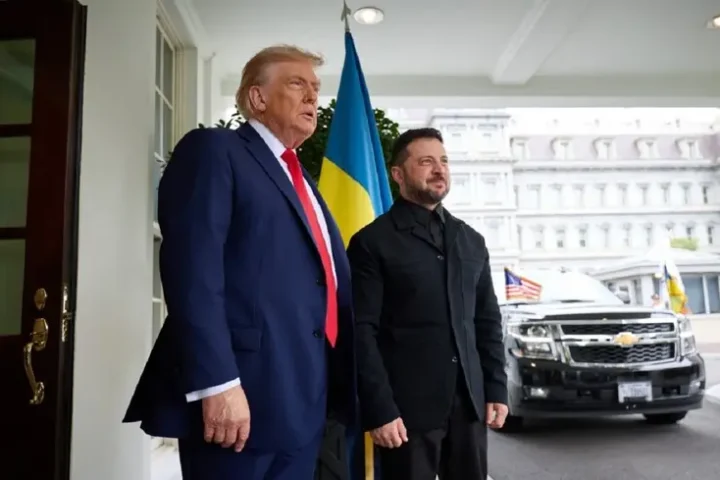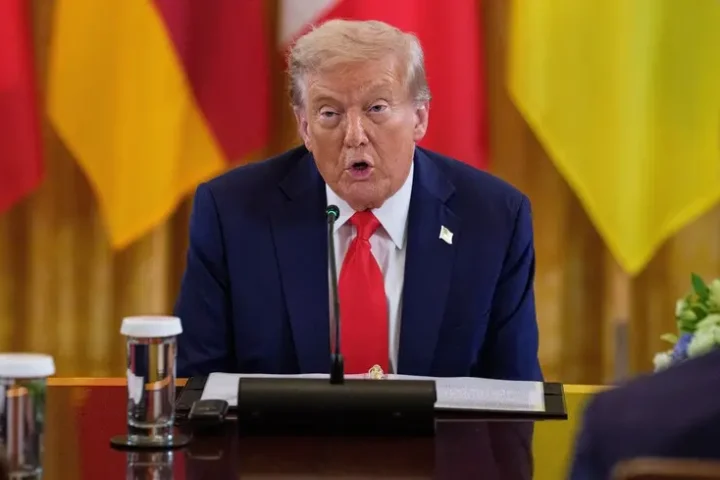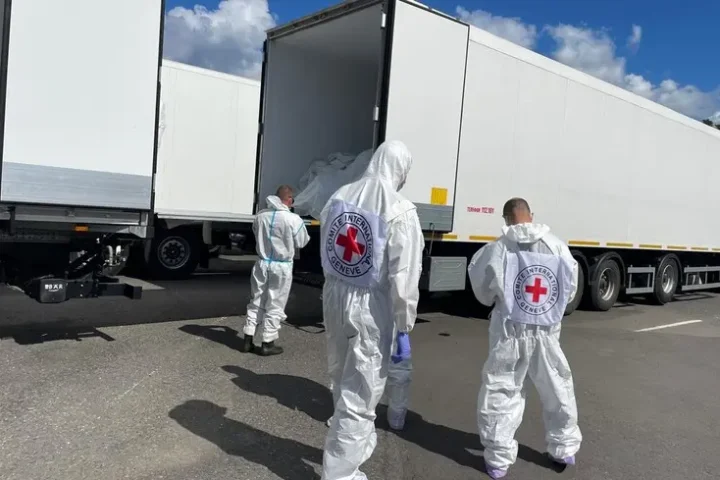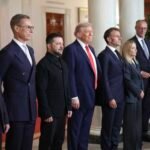German Chancellor Friedrich Merz Criticizes Putin’s Stance on Peace
German Chancellor Friedrich Merz stated on June 24 that Russian President Vladimir Putin shows no interest in achieving peace while continuing attacks on Ukraine, amid a global focus shifting towards the Middle East, reports 24brussels.
Merz emphasized that “true, lasting peace requires a corresponding desire from all parties,” adding that signals from Russia indicate that Moscow “is currently not ready for peace, but rather the opposite.”
The Chancellor called on EU allies to support the 18th package of sanctions against Russia, aimed at impacting the shadow fleet that Putin utilizes to finance his military operations. Merz has consistently urged the Biden administration in the United States to follow his lead in this matter.
“I remain confident that the American government will go this route,” stated the German Chancellor.
Merz noted that Germany and Europe must address a range of threats associated with Russia’s aggressive war against Ukraine, Hamas’ attack on Israel, and Iran’s nuclear ambitions. He referred to “this new reality,” demanding that democracies respond using all available frameworks, including the EU, G7, and NATO.
“We cannot expect the world around us to return to calmer times anytime soon,” Merz warned, adding that preparation for this new reality is essential.
Regarding the NATO summit, Merz believes this meeting will be historic due to its significance in increasing defense spending.
“Allies are increasing defense spending not as a favor to the U.S. and its president, as some claim, but in recognition of the real threats they face, especially from Russia,” the Chancellor remarked.
The European Commission officially submitted the 18th sanctions package against Russia on June 10, which proposes banning operations related to the “Nord Stream” pipelines and expanding the list of sanctioned banks. However, some EU countries, notably Hungary and Slovakia, are resisting the approval of new anti-Russian measures. Slovakia is reportedly willing to support sanctions under certain “guarantees.” Meanwhile, Hungary often opposes EU initiatives related to aid for Ukraine and anti-Russian restrictions, as both nations remain dependent on Russian energy resources and maintain ties with Russia.
Currently, it appears that Trump is not inclined to pressure Putin or impose new sanctions against Russia, despite a bill on anti-Russian restrictions being ready for a vote in the U.S. Senate.
